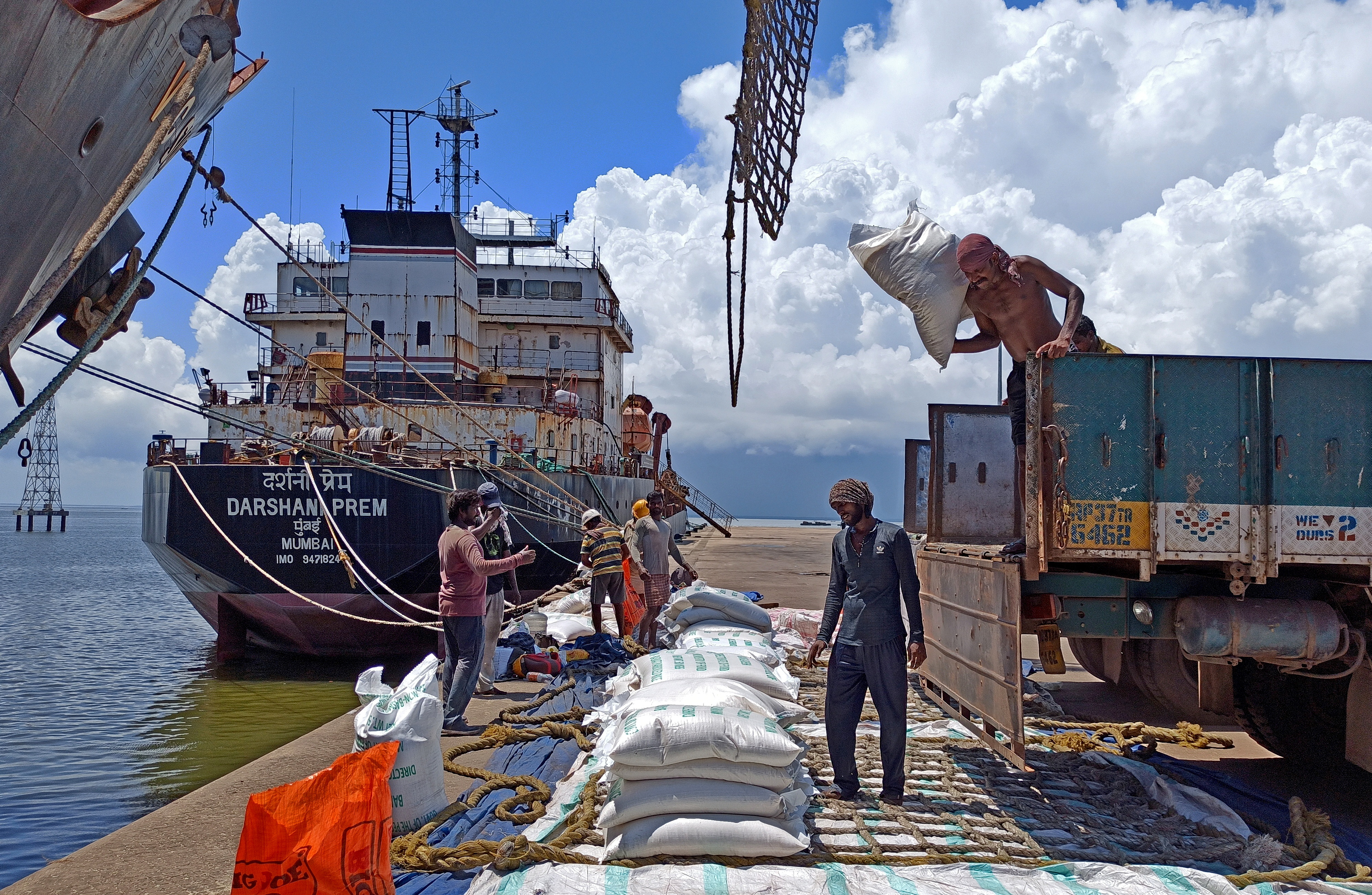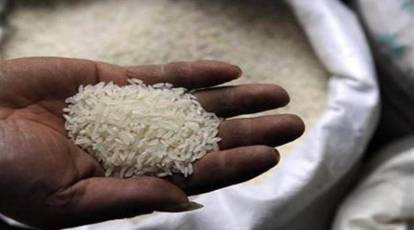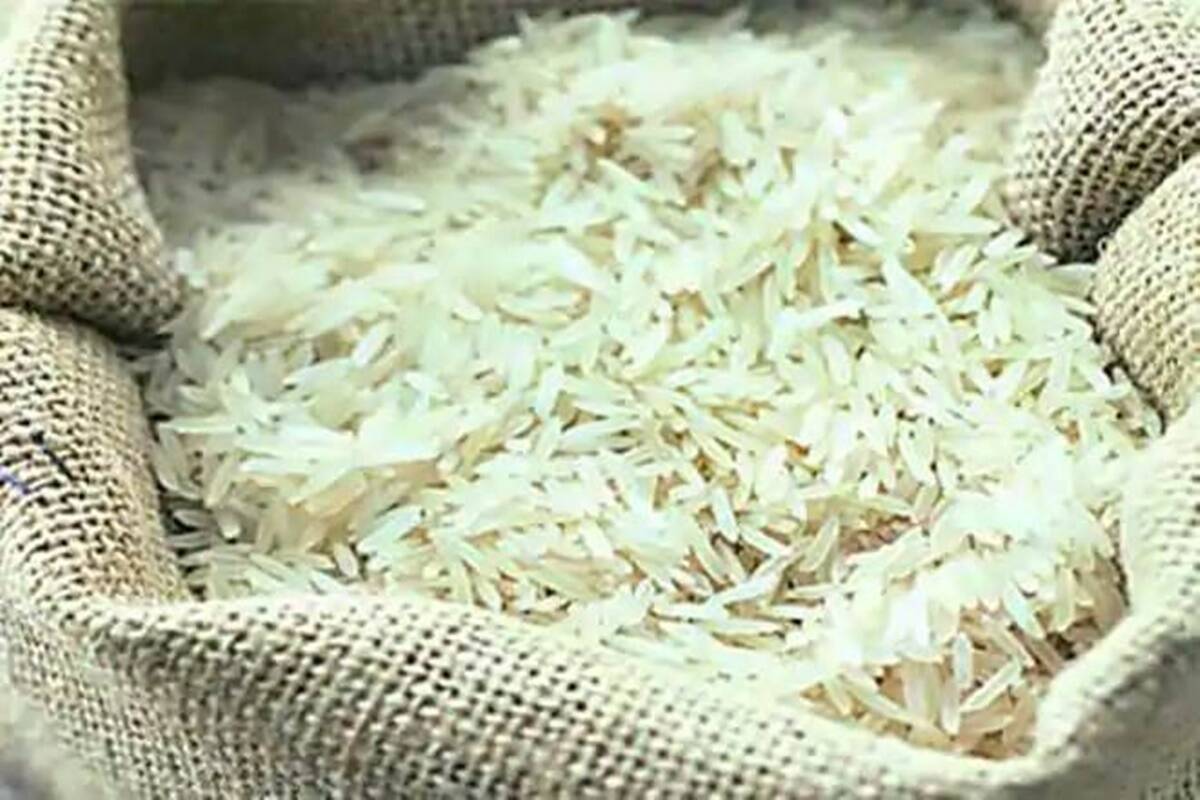India considers banning most rice exports as local prices surge

India considers banning most rice exports as local prices surge
India, known as the world’s largest rice exporter, is reportedly contemplating a ban on the exports of most rice varieties. This potential decision has the potential to drive global prices of the food staple even higher, particularly with the re-emergence of the disruptive weather pattern known as El Niño.
Sources familiar with the matter have revealed that the government is discussing a plan to prohibit the export of all non-Basmati rice. This consideration aims to mitigate the risk of increased inflation in the lead-up to elections. However, it is important to note that the information is not yet public, and the sources have requested anonymity.

India’s proposed ban on the exports of most rice varieties is anticipated to impact approximately 80% of the country’s rice exports. While this move may lead to lower domestic prices, it also poses the risk of driving global rice costs even higher. Rice is a staple food for roughly half of the world’s population, with Asia alone accounting for around 90% of the global supply. The recent surge in benchmark prices to a two-year high has heightened concerns, primarily due to fears that the return of the El Niño weather phenomenon could adversely affect crop yields.
The potential ban on rice exports from India comes when global rice markets are already facing tight supplies and rising prices. India has been a major player in the global rice trade, and any export disruption could have significant implications for global supply and demand dynamics. The ban, if implemented, would limit the availability of non-Basmati rice varieties, which form a substantial portion of India’s rice exports.
While the ban may lower domestic prices in India by curbing exports, it could also exacerbate the upward pressure on global rice prices. As a vital staple for a significant portion of the world’s population, any disruption in the global rice market has far-reaching consequences, especially in regions heavily reliant on rice consumption.

The recent surge in benchmark prices has been driven by concerns surrounding the return of the El Niño weather phenomenon. El Niño events are known to impact weather patterns globally, often leading to extreme weather conditions such as droughts or floods, which can negatively affect crop yields. These concerns have contributed to market uncertainties and heightened price volatility in the rice market.
The potential ban on rice exports from India adds to the existing supply concerns and could further strain global rice markets. With Asia being the primary consumer of rice and accounting for the majority of global supply, any disruption in rice trade from a major producer like India has significant implications for regional and international food security.
It is important to note that rice plays a crucial role in ensuring food security and meeting the dietary needs of millions of people worldwide. Efforts to stabilize rice prices and ensure adequate availability are of utmost importance to support food security and mitigate the impact of rising global food costs.
In conclusion, India’s proposed ban on the exports of most rice varieties, impacting approximately 80% of its rice exports, has the potential to lower domestic prices but risks driving global rice costs even higher. Rice is a staple food for a significant portion of the world’s population, particularly in Asia. The recent surge in benchmark prices and concerns surrounding the return of the El Niño weather phenomenon has already heightened uncertainties in the global rice market.
Any disruption in India’s rice exports could further strain global supply and demand dynamics, impacting regional and international food security. Efforts to stabilize rice prices and ensure sufficient availability are crucial to support food security and mitigate the impact of rising global food costs.Despite attempts to seek comments, representatives from the food, trade, and finance ministries have not responded to emails or texts.

Importing countries such as Indonesia, China, and the Philippines have been actively stockpiling rice this year. The re-emergence of El Niño conditions in the tropical Pacific after seven years, as reported by the World Meteorological Organization, poses a significant threat to rice-growing regions. El Niño often brings the risk of drought, which can adversely affect crop yields. The potential ban on rice exports by India only adds to concerns over global rice supply, further intensifying worries about potential shortages.
The stockpiling efforts by importing nations indicate their recognition of potential supply challenges in the near future. By securing more extensive inventories of rice, these countries aim to mitigate the risks associated with uncertain weather patterns and potential disruptions in the global rice market.
The possible ban on Indian rice exports raises additional concerns over supply availability. India, one of the largest rice exporters globally, is crucial in ensuring a stable global rice market. Any restriction on its rice exports could further strain global supply and demand dynamics, exacerbating worries about potential shortages.
It is essential for importing countries to closely monitor the situation and take appropriate measures to ensure sufficient rice supply for their populations.
The potential ban by India adds to the existing concerns about the impact of El Niño and emphasizes the need for proactive measures to manage potential supply disruptions.India’s consideration of a ban on rice exports comes in the wake of accelerated consumer price inflation in June, primarily driven by higher food prices. Bloomberg Economics predicts a further rebound in inflation due to the recent surge in tomato prices, a key ingredient in Indian cuisine, and an increase in the government’s support price for crops sown during the monsoon season.
The rise in consumer price inflation reflects the impact of escalating food prices in India. The cost of tomatoes, an essential ingredient in Indian cooking, has seen a significant surge, adding to the overall inflationary pressures. Additionally, the government’s decision to raise the support price for monsoon-sown crops further contributes to inflationary concerns.
The recent surge in tomato prices has been influenced by various factors, including supply disruptions and weather-related challenges. Tomato crops have been affected by adverse weather conditions, impacting their availability and driving up prices. Given the significant role tomatoes play in Indian cuisine, the increase in their prices has a notable impact on overall food prices and subsequently contributes to inflation.
Furthermore, the government’s decision to raise the support price for monsoon-sown crops aims to provide farmers with better remuneration for their produce. While this step supports the agricultural sector and improves farmers’ income, it also has the potential to fuel inflationary pressures. The higher support price may lead to increased production costs, which can translate into higher consumer prices for various agricultural commodities.
The combination of rising tomato prices and increased support prices for monsoon-sown crops is expected to contribute to a further rebound in inflation in India. These factors, along with other inflationary pressures, pose challenges to the country’s inflation management and monetary policy.
To address these concerns, the government and relevant authorities need to adopt measures that promote stable food prices, enhance supply chain efficiency, and manage agricultural costs. It is crucial to strike a balance between supporting farmers and ensuring that inflation remains within the target range set by the Reserve Bank of India.
Efforts to improve agricultural infrastructure, enhance productivity, and implement effective supply chain management systems can help mitigate inflationary pressures arising from food price volatility. Additionally, proactive steps to manage weather-related risks, such as promoting climate-resilient agricultural practices, can contribute to more stable crop yields and reduce the vulnerability of food prices to adverse weather conditions.
In conclusion, India’s consideration of a ban on rice exports follows a period of accelerated consumer price inflation, primarily driven by higher food prices. Bloomberg Economics predicts a further rebound in inflation due to surging tomato prices and increased support prices for monsoon-sown crops. These factors contribute to inflationary pressures and highlight the challenges faced by policymakers in managing inflation and maintaining price stability. Efforts to stabilize food prices, enhance agricultural productivity, and manage supply chain efficiency are crucial to mitigate inflationary risks and ensure a more stable economic environment.




